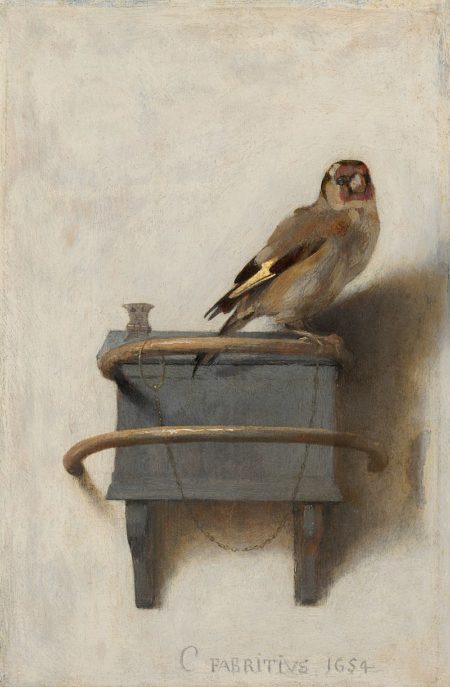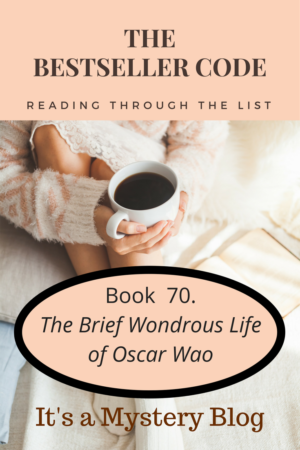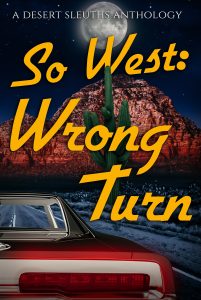Cross Roads by Wm. Paul Young is next up on our 100 Bestsellers List reading challenge. Wm. Paul Young is also the author of the international bestseller The Shack and its sequel The Shack Revisited, all categorized as Christian fiction.
This post contains spoilers.
Cross Roads by Wm. Paul Young
(*Amazon Affiliate link)
Who Cares?
I found Cross Roads to be incredibly difficult to read. In the first chapter the reader is introduced to Anthony (Tony) Spencer, an extremely successful business man, but also an obnoxious and unlovable human being. The author goes over the top in presenting Tony in the most unflattering light, to the point where, by the end of the chapter, when Tony suffers a brain aneurysm and is in a coma, you are 1) relieved to not have to deal with his obnoxiousness anymore and 2) you don’t care one iota what happens to him, either physically or spiritually.
The rest of the novel presents Tony in some altered state of existence spiritually, while his body is still in a coma. In this altered state he is forced to come to terms with his past behaviors and given the chance to grow spiritually. It all sounds well and good, but like I stated in the previous paragraph, I had ceased to care whether Tony grew spiritually. I had ceased to care about Tony at all!
Possessed
Tony meets Jesus, “The Grandmother” (the Holy Spirit), and even God, albeit in an unconventional form, in this altered existence, and they send him back to earth to “inhabit” the bodies of various individuals as an opportunity to grow and learn and redeem himself. This is the point where I almost gave up on the book. Not only did he inhabit these bodies, but he could talk to the owners of these bodies and they could hear him and talk back to him, carrying on long conversations. And then he could be passed to another body by a simple kiss. I felt like I was reading a science fiction or fantasy novel.
To Finish or Not To Finish?
I’ve made it a personal rule to never start reading the next book in our challenge until I’ve written the review for the previous book, and for the most part I’ve stuck to that rule. Often I read at least one other book in between the books in our challenge as a way of “resetting” my reader’s brain, if you will. I wanted to get ahead a bit in my reading, though, as I have a rather busy February, so I started reading The Darkest Evening of the Year by Dean Koontz the very next day after finishing Cross Roads. Wow. What a difference! Whereas I had to force myself to finish reading Cross Roads, I simply cannot put down The Darkest Evening of the Year. The writing style is compelling, the characters are fascinating, and the plot reveals all come at just the right time.
Christian fiction is not my favorite genre or one I normally seek out, so that could explain some of my dislike of Cross Roads and my disbelief in the whole “altered state” and “habitation of souls” concepts that this novel relies so heavily on. But more than that, I disliked the author’s writing style, his phrasing (choppy, strident, almost military in feel), and the way he obfuscated his message, talking in circles without really saying anything clearly. I’d read an entire paragraph and not have a clue what the author really meant.
If you enjoy Christian fiction or stories of spiritual journeys, you might like Cross Roads. From the number of stars the book has garnered on Amazon, it’s obvious that many people have enjoyed reading it. From my perspective, it was a waste of my time.
Have you read Cross Roads by Wm. Paul Young? We’d love to hear your thoughts.
Related posts:
- Book-beginnings, a discussion of the first line of the novel
- Karen’s review from a reader’s perspective
- Roberta’s review from a writer’s perspective
You can also join us on social media:
- The Bestseller Code 100 Pinterest Page
- Twitter: #BestsellerCode100
- Facebook: Bestseller Code 100 Reading Group
- The full list is now posted on GoodReads
__________________
What are we reading next?
If you ever have questions about what we are reading next or when we’re starting the next discussion, check the 100 Book List tab in the navigation bar at the top of the blog. Links in the list go to the landing page from this blog where the discussion starts. However, this is an open-ended challenge so feel free to jump in with any of the books at any time.
The next book is number 67. The Darkest Evening of the Year by Dean Koontz (2007) – Discussion begins February 5, 2018 — Psychological thriller
















